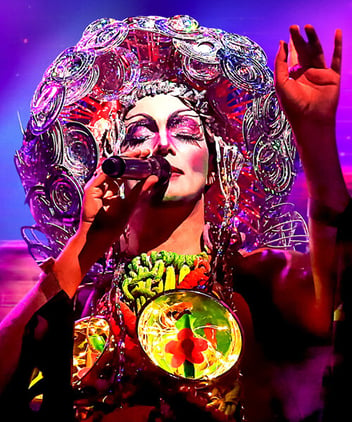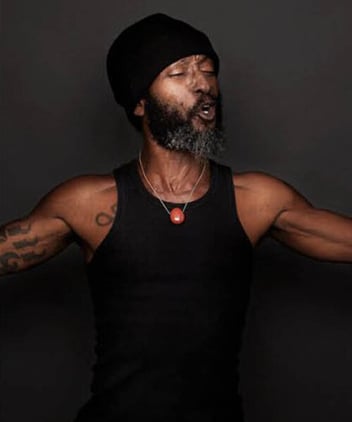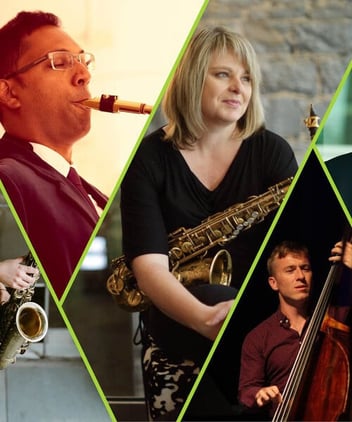
A few years ago, I looked at the website for the non-profit where I am artistic director and realised that it featured almost no pictures of women. Our foundation runs the BuckingJam Palace jazz concert series. The genre of jazz music is heavily dominated by men—and by heavily, I mean that estimates are that male instrumentalists make up over 90 percent of the professional community in Canada. So, statistically, it’s not surprising that men featured prominently on our site. What is surprising is that our foundation has women in the roles of Executive Director, Artistic Director and Chair of the Board, advocates strongly for gender equity and prioritizes the booking of female bandleaders…and still, we failed to notice that we were visually underrepresenting women. For a person who is known to blithely quote “you gotta see it to be it”, this was humbling.
We default to what we know, and what we know in Canada—and across the world—is a male-dominated music culture. From artists to bookers, venue operators to record label executives, men are the gatekeepers and tastemakers in the music industry. In June of 2024, University of Ottawa professor, Dr. Jada Watson, released “Share the Air: A study of Gender Representation on Canadian Radio”, based on her Songdata research program. Radio play has a significant impact on an artist’s career: selling albums, headlining festivals, booking large venues and receiving award nominations are all driven by radio play. With so much at stake, the results of the report are sobering, as Dr. Watson shares:
“The results of SongData’s study, which focused on the last decade of radio, are unequivocal: songs by women are underplayed on Canadian radio and those by women of colour and Trans* artists are on some formats entirely unplayed….Women’s voices – especially Canadian women’s voices – are lost in the programming pipeline.”
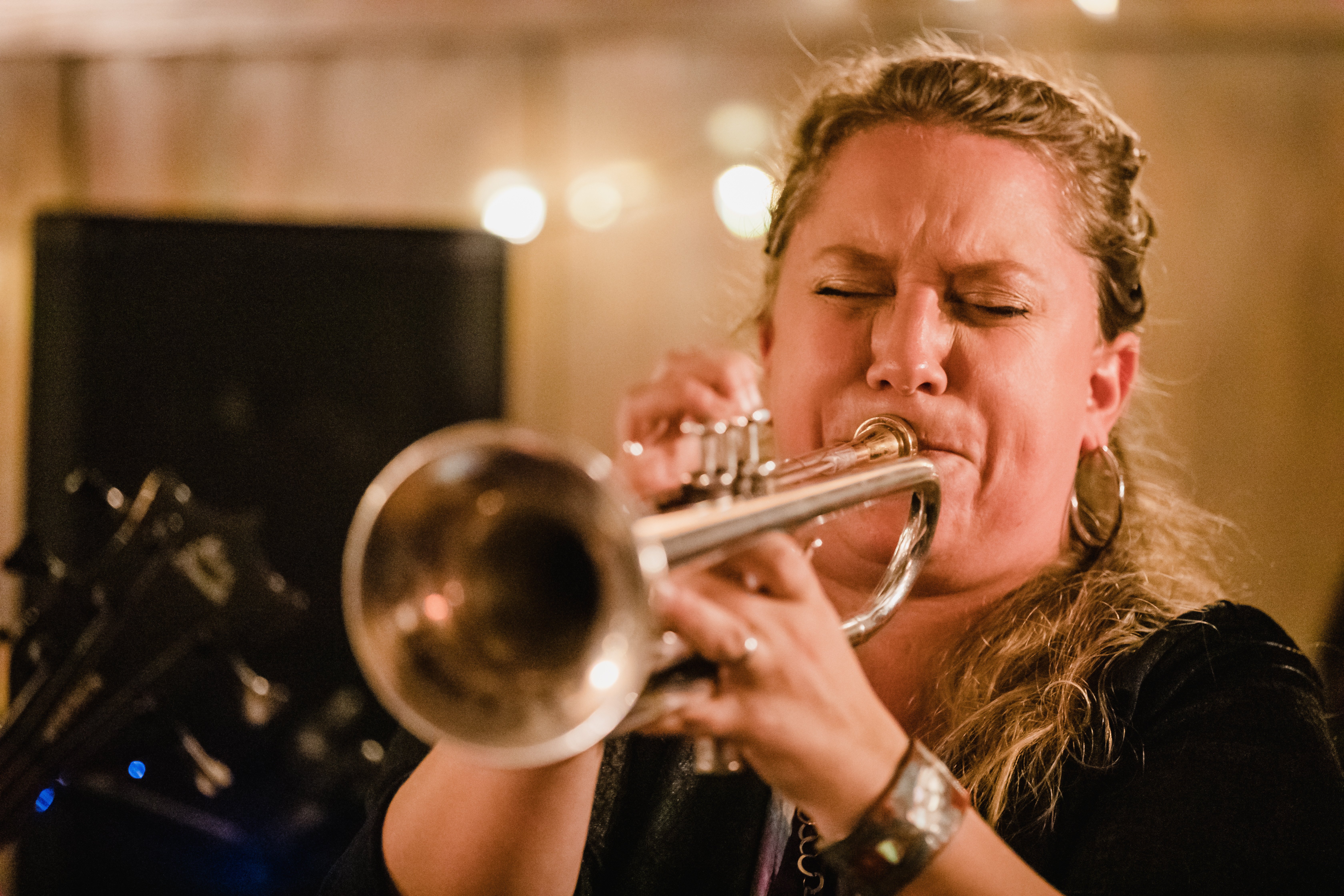
Gender parity is largely a question of numbers: what percentage of artists in a series/festival/ organization identify as male as opposed to female, trans or other? It’s an important statistic to track and 50/50 representation in all areas of the music industry is a worthy goal to work towards. Denmark’s Roskilde festival, Barcelona’s Primera Sound festival and Iceland Airwaves are all presenting festivals with gender parity in 2025. But numbers take you only so far, as Canadian researcher, Michelle Nadon Belander explains: “Inclusion alone is unsustainable if the culture forces women to endure harassment, conform to the male gaze, or outshine their male peers musically and socially to be deemed ‘professional’. For gender equity to be achieved, professionalism should see that we denounce these very conditions—not applaud women’s ability to overcome them…”
Gender equity in music is the focus of Keychange, a global movement that is supported by the European Union, In 2024, Keychange drafted a ten-point Call to Action with steps to achieve gender equity. Number one on the list is safe performance spaces, a priority with which Robyn Steward, Executive Director of Women in Music Canada agrees:
“It would be a great benefit to normalize the safer space and considerations needed for artists o all genres. For example, requesting of venues, festivals and other performances spaces to provide their codes of conducts and safer spaces policies in the booking process. To thoughtfully create artist riders taking the whole person into consideration. If the artist is a parent for example, and requires childcare coverage, include that in your rider.”
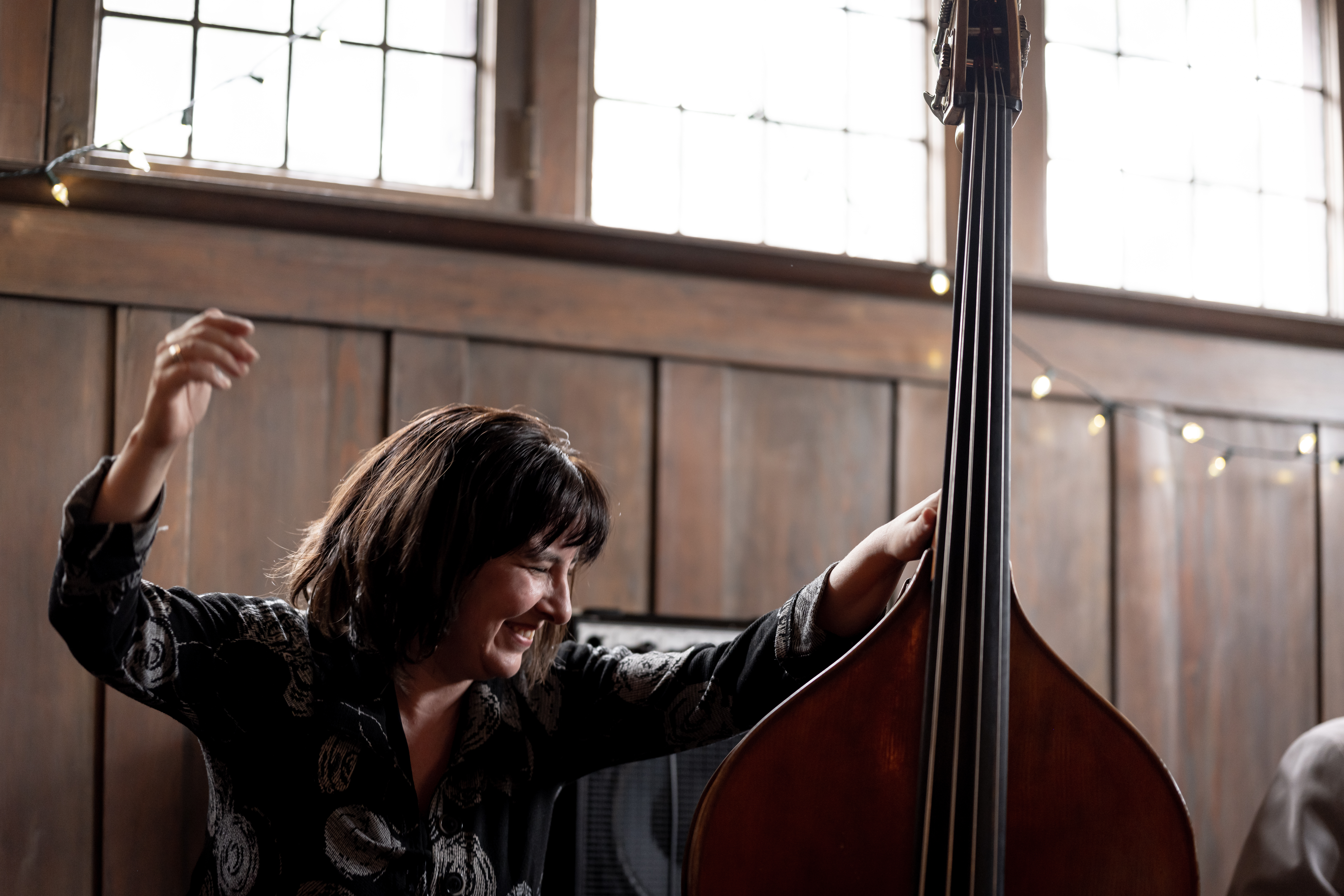
As Arts Commons transforms and expands, Associate Director, Creative, Josh Dalledone, confirms that there will be “continuing commitment to access for equity-seeking communitie across Calgary at all stages of life.'' And within those safer spaces, women need to be present and prominent—on boards and in executive suites, in classrooms and on stages. Because you actually do need to “see it to be it”:
“Active women in the music industry serve as lighthouses, combining the power of mentorship with the importance of representation to illuminate the path for others to envision and achieve their goals. By guiding and inspiring the next generation, they help create a more inclusive and vibrant future in music.” (Jodi Proznick, Director of Jazz Studies at the VSO and bandleader of the all-female jazz ensemble, The Ostara Project).
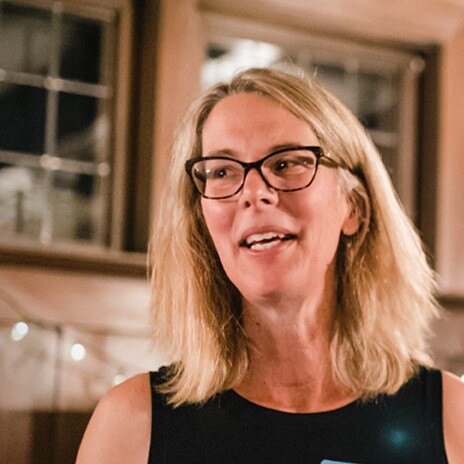
Lisa Buck
Lisa Buck is the founder and Artistic Director of the BJP Music Foundation, a charitable foundation that runs the popular BuckingJam Palace jazz series in Calgary (https://buckingjampalace.com). Lisa is a partner in SASS Artist Management and the band manager for The Ostara Project, a super-group of female jazz musicians.



